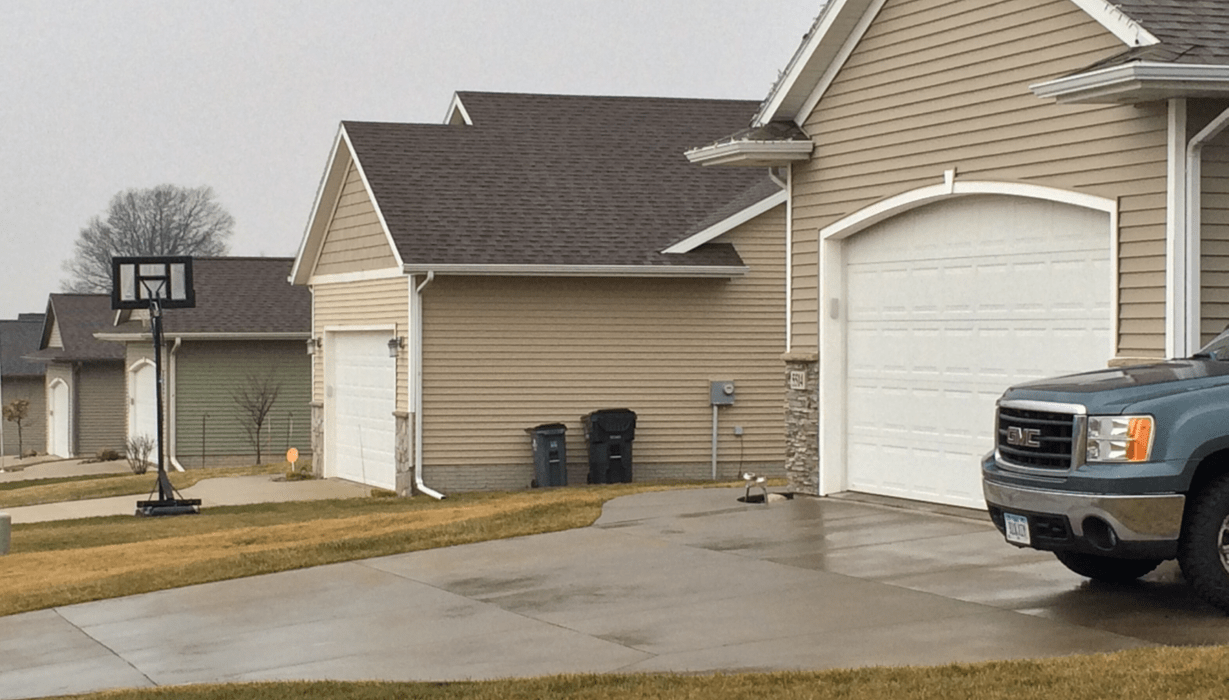March 15 has come and gone, but the local planning commission decided not to issue the promised clean draft No. 5 of Recode. The current schedule is to hold that “final” revision until late April, several weeks after City Council’s third workshop, presently scheduled for April 4. Formal legislative action on Recode will be addressed in May.
That redraft delay gives us time to review several unresolved issues before the council’s April workshop. Today’s focus: single-family housing.
Design Standards. Earlier drafts included housing design standards for single-family homes in both established neighborhoods and several RN zones. Design standards are part of the basic fabric that defines the character of established neighborhoods. So, they remain intact from the current zoning code.
Recode had included basic design criteria for single-family houses in other residential neighborhoods in the Recode drafts released last summer. They focused primarily on putting a “welcoming face” on the front of houses that face the street: things like more prominent doors and windows at entries, and setting garages back some five feet from the front of the house. In essence, discouraging the “snub-nose” look of some recent tract houses that look more like big garages with resident-driver living quarters and entryway included as an afterthought. Those fairly simple design standards were, however, dropped by planners in the fall draft.
No formal explanation was given. Apparently, the pro-development lobby won out: Builders should not be restrained by appearance requirements or good taste. With a shorter driveway, snub-nose houses can be cheaper to build. Hmm?
Scenic Knoxville Comments. Scenic Knoxville has urged that those simple design requirements be added back into the code. They argue similar standards “are common in the zoning codes of other cities.”
The reality is, house by house we are building our future, so why not shoot a bit higher than anything goes?
Joyce Feld of Scenic Knoxville asserts such basic house design standards “encourage thoughtful planning, preserve community character, ensure that homes are compatible with the surrounding neighborhood, and they preserve, protect and enhance the city’s historical, architectural and aesthetic resources.” She concludes these simple standards help make people “proud to call their house a home.”
Scenic Knoxville, like the earlier Recode drafts, thus urges the following single-family house standards be returned to the code:
- On lots less than one acre in lot area, a dwelling must have a primary entrance from a façade facing the street. The front entry must be a dominant feature on the front elevation of a home and an integral part of the structure, using features such as porches, raised steps and stoops, and/or roof overhangs.
- Windows, entrances, porches or other architectural features are required on all street-facing facades to avoid the appearance of blank walls.
- A 15-30 percent minimum transparency requirement (i.e., include windows) applies to all street-facing façades and is calculated on the basis of the entire area of the façade.
- Front-loaded attached garages are limited to 60 percent of the width of the front building line or 24 feet, whichever is greater. Garage width is measured as the width of a garage door; in the case of garages designed with multiple garage doors, the distance is measured between the edge of the outmost doors.
- Front-loaded attached garages must be set back a minimum of five feet from the front building façade line. This façade building line does not include architectural features, such as bay windows or porches.
Conclusion. The above suggestions are food for thought. Rules can be healthy. After all, when you play basketball or tennis (or any other sport) you have to stay within the lines. Shouldn’t developers have to abide by reasonable communal standards? What is the proper balance?
Perhaps we can simply rely on the developer community’s inherent good taste. Or, we can add back into Recode a few house orientation and design standards, recognizing that relief is available (through variances) where there is a valid reason to depart from suggested minimums.
Such policy questions now rest with City Council. Take time to address your comments to them. They represent you.
Nick Della Volpe is a lawyer and former Knoxville City Council member.

